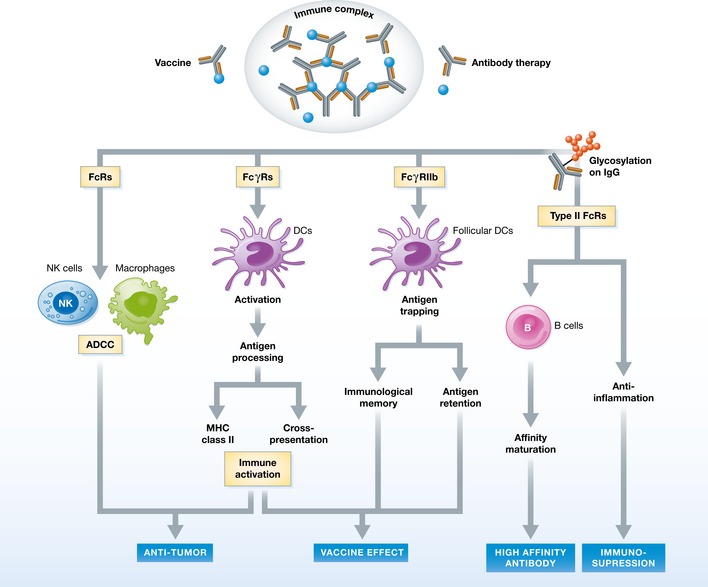Figure 1. Immunologic regulation of ICs in vaccine and tumor therapy.

ICs preformed as vaccine preparations or as a consequence of antibody binding to endogenous antigens can signal via activating receptors to induce ADCC in macrophages and NK cells, leading to lysis of tumor or infected cells. The same signal via FcγRs on dendritic cells results in enhanced antigen uptake and upregulated antigen presentation, both to MHC class II‐restricted CD4+ T cells and to CD8+ T cells via cross‐presentation. ICs retained in lymphoid tissues via deposition or FcγRIIb‐mediated endocytosis extend the antigen availability for B‐cell activation, resulting in increased antibody response and immune memory induction. Different glycosylation patterns on Fc regulate the preferential binding to type I or type II FcγRs, controlling the state of inflammation. Sialylation of Fc with preferential binding to type II FcγR in particular helps to set the threshold for the production of high‐affinity antibodies.
